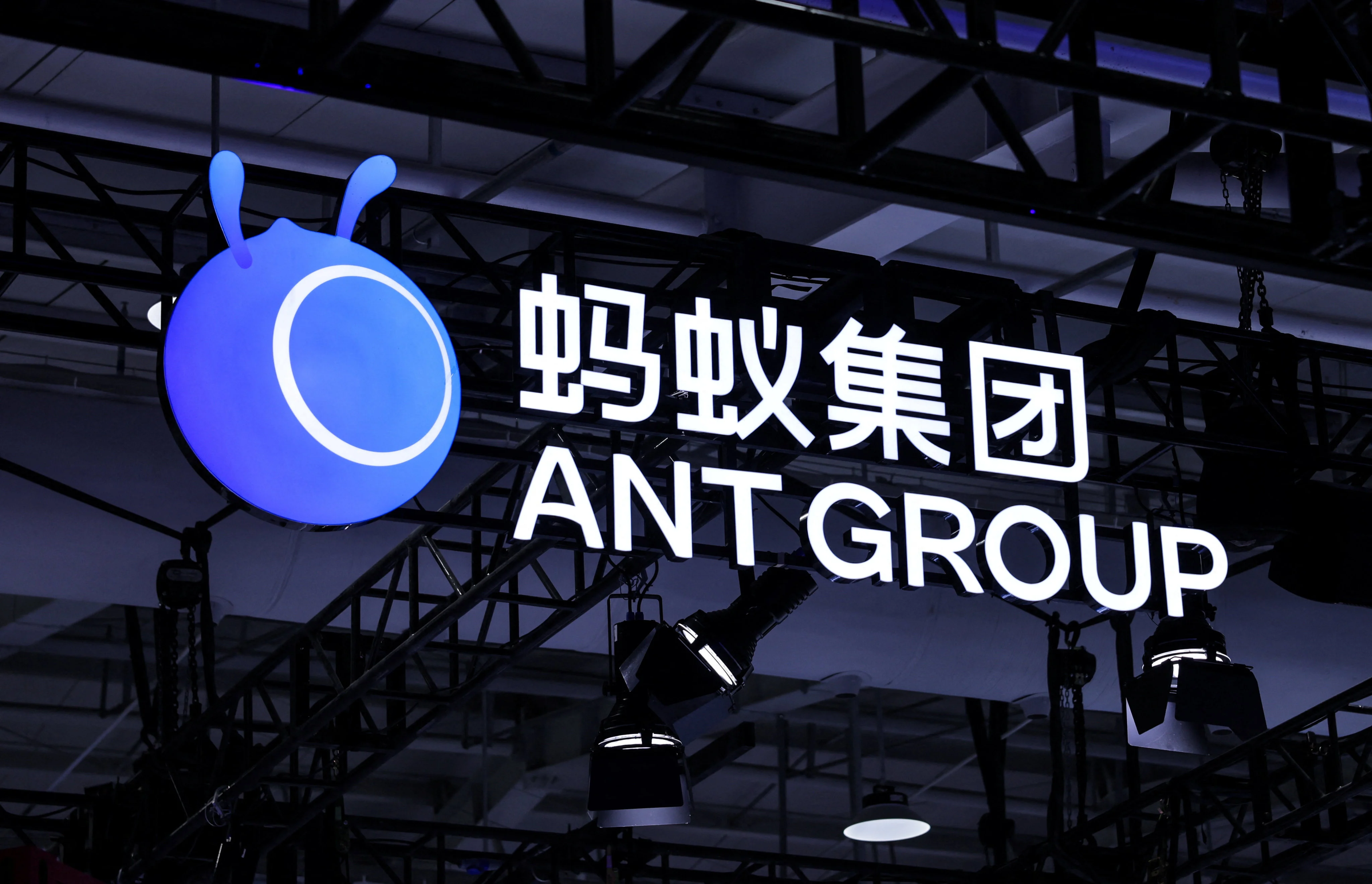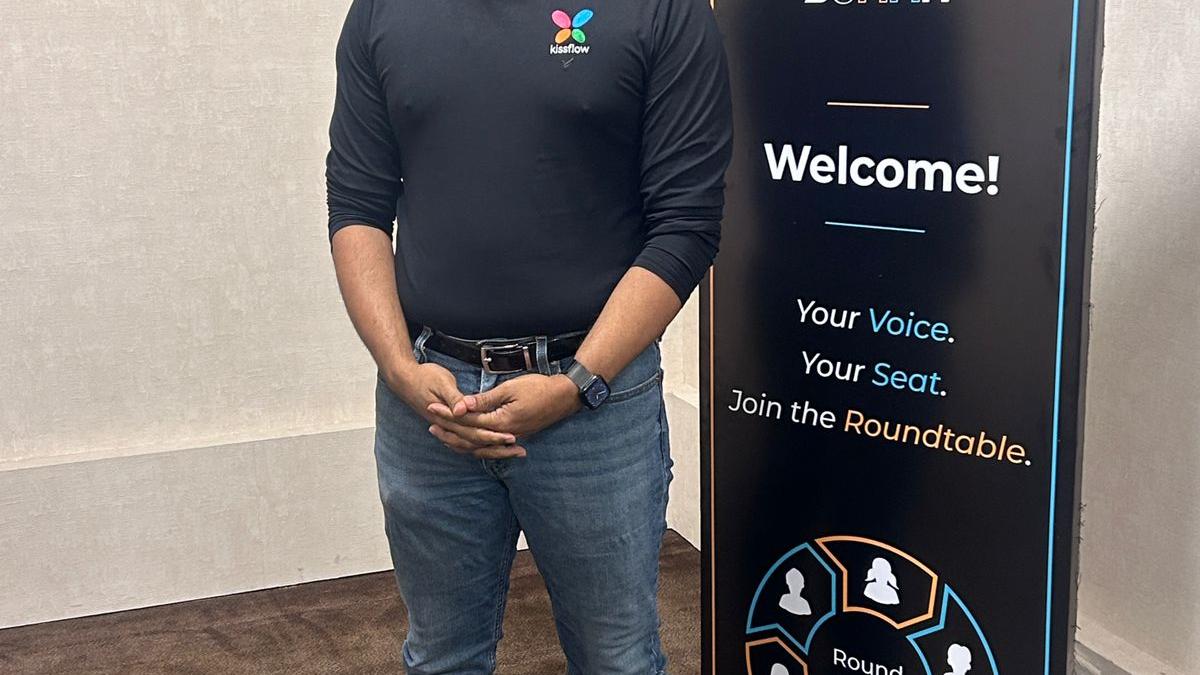Copyright scmp

Ant Digital Technologies, an affiliate of Chinese fintech giant Ant Group, has issued a warning to investors regarding fraudulent tokens being issued under the name of its newly launched Jovay blockchain, as Hong Kong pushes ahead with developing its digital-asset industry. Unauthorised projects had been issuing fraudulent tokens using the Jovay name on major blockchains, including Ethereum, BNB Chain and Solana, Ant Digital Technologies said on Wednesday via Jovay’s official social media account. The company said it had not issued any token on any blockchain and urged investors to remain vigilant against crypto tokens claiming to be associated with Jovay. The incident highlights the ongoing prevalence of cryptocurrency scams, even as the digital-asset sector gains mainstream traction. Since late 2022, Hong Kong has been working to regulate the rapidly expanding industry while trying to attract related businesses. 🚨 Scam Alert 🚨 We have detected some projects using the Jovay name without authorization to issue fraudulent token on Solana, BSC, Ethereum and other chains. Please be aware: Jovay has NOT issued any token on any chain. Stay alert and do NOT buy or interact with any token… pic.twitter.com/Neona1fb9s — Jovay Network (@JovayNetwork) October 29, 2025 Ant Digital Technologies, which provides blockchain-based services and began operating independently last year, is the technology arm of Ant Group, which runs China’s largest mobile payment service, Alipay. Ant Group is an affiliate of Alibaba Group Holding, owner of the Post. The fintech group is one of several mainland Chinese firms looking to capture a share of Hong Kong’s digital-asset market. In June, it announced plans to apply for a stablecoin issuer licence in the city and filed a trademark application for a digital asset named Antcoin. Ant Digital Technologies has been promoting Jovay, an Ethereum Layer-2 blockchain that was announced in April and officially launched last month. Layer-2 blockchains, which operate on top of the Ethereum main chain, aim to support quicker and less costly transactions. Jovay’s core focus was on real-world asset tokenisation, a process that involves putting representations of traditional assets on a blockchain to enable faster digital-asset-based transactions, according to a white paper published by the company in September. Despite those efforts, mainland Chinese firms including Ant have faced challenges in advancing their digital-asset initiatives in Hong Kong. The Chinese government has advised mainland firms to hold off on some crypto activities in the city because of concerns over capital control and excessive speculation.



